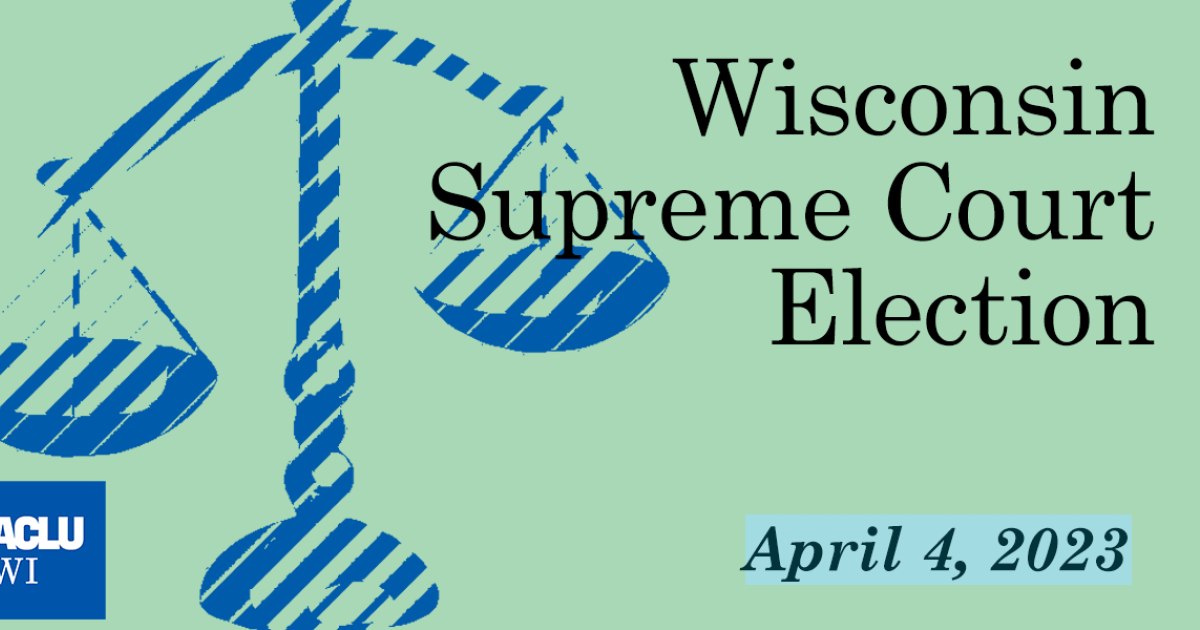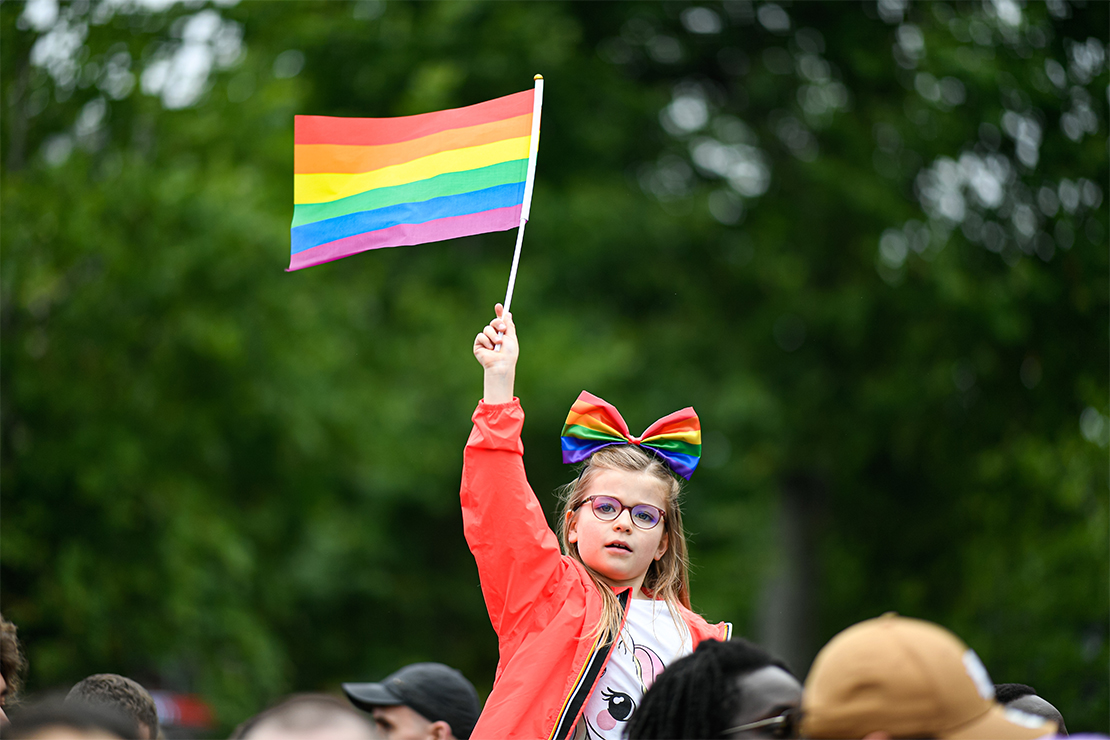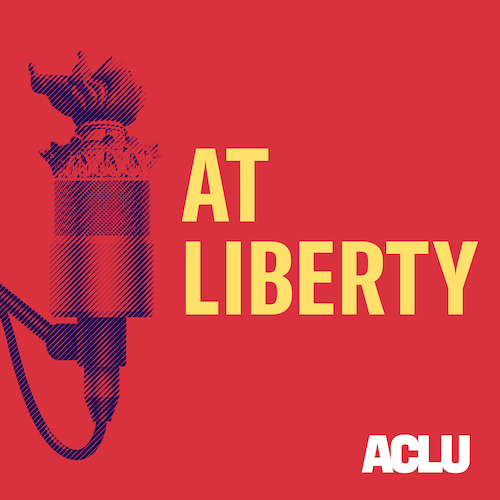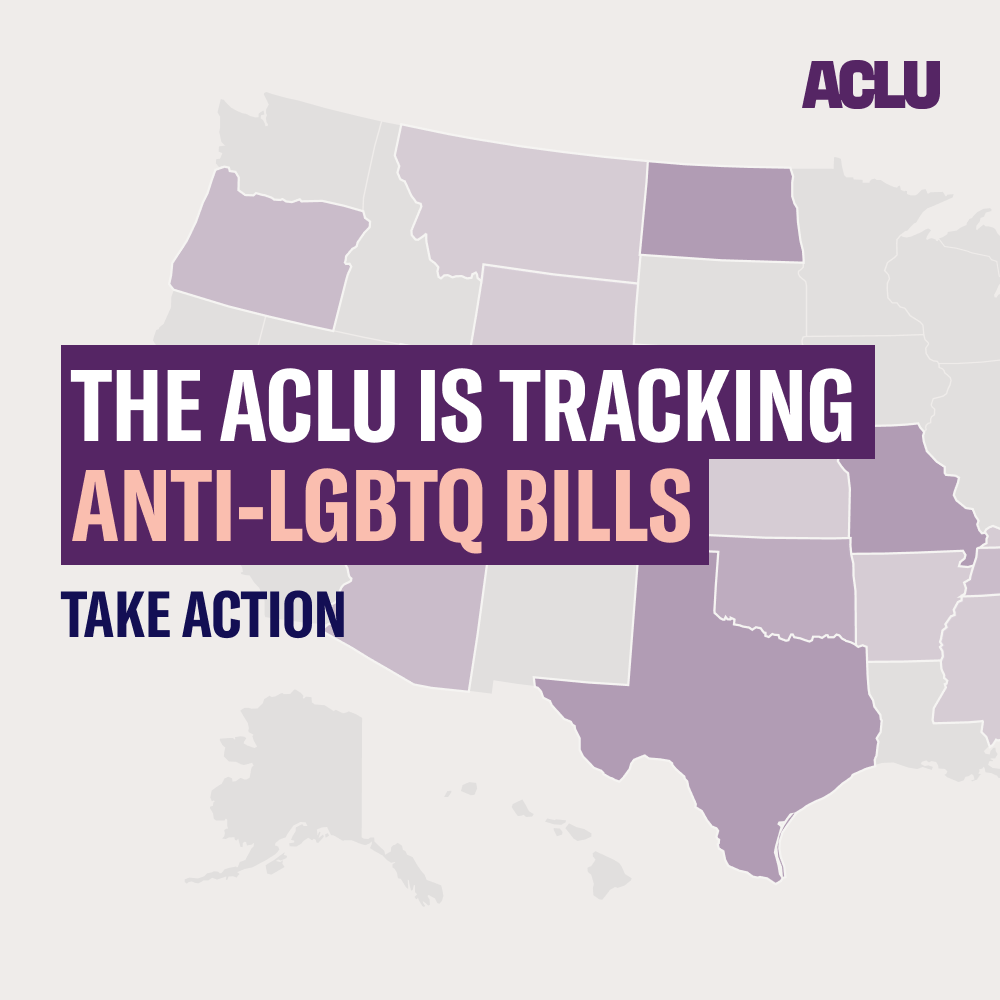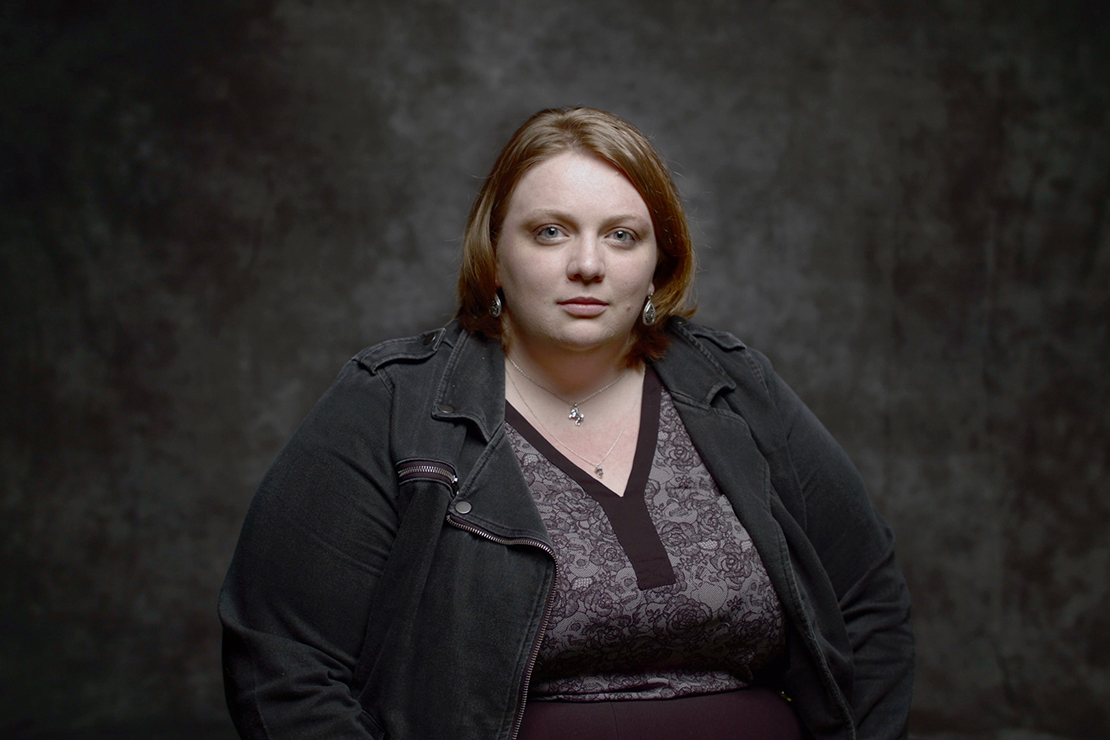Mississippi Student Wins Fight to Wear Tribal Regalia at Graduation
Earlier this year, Merissa Wilson stood before the school board of the Pearl Public School District in Mississippi to make a small but crucial request: that the board permit her daughter, Zuri, to wear an eagle feather on her graduation cap and be wrapped in a traditional star quilt by her family after exiting the commencement stage. As enrolled members of the Cheyenne River Sioux Tribe, these Native American traditions are an integral part of the family’s cultural and spiritual heritage.
Although the burden shouldn’t be on students and their families to educate their educators about these traditions, Merissa thought the meeting went well and was hopeful that the school board would approve her request. A few weeks later, however, the board members informed her and Zuri that they would not relent from the district’s strict graduation dress code. But that was not the end of the story.
Dyleen, Merissa’s mother and Zuri’s grandmother, had previously reached out to the Native American Rights Fund (NARF), which helps students denied the right to wear tribal regalia at graduation. NARF, along with the ACLU and ACLU of Mississippi, sent a letter to school board members explaining that Mississippi law requires public schools to allow Native American students to wear tribal regalia and objects of cultural significance, such as eagle feathers, at graduation. The letter also pointed out that the Native American practice of presenting graduates with a traditional quilt, which is made by close friends or family members and features a star in the center, also falls within the spirit of the statute.
After receiving the letter, the school board reversed course, and Zuri was able to wear her eagle feather and receive a star quilt at graduation.
The ACLU and ACLU of Mississippi (“ACLU”) and NARF recently sat down with Zuri, Merissa, and Dyleen to hear from them, in their own words, about Zuri’s fight to express her Native American heritage at graduation. Our conversation has been edited for length and clarity.
NARF/ACLU: Zuri, could you tell us in your own words why it was important for you to wear an eagle feather and be presented with a star quilt at your graduation?
Zuri: Because the dropout rate is so large among Native Americans, receiving the star quilt and eagle feather makes me proud of the fact that I made it to graduation.
NARF/ACLU: Dyleen, as Zuri’s grandmother, why was it so important that Zuri be able to wear the eagle feather?
Dyleen: It was important to me because I never got to do that when I graduated. It wasn’t something my mom got into because of the fact that she was taken away from her family as a young child [by the U.S. government and sent to a federal boarding school for Native Americans].
For me, the eagle represents strength and guidance. You just get that feeling of pride to know that here I have my first grandchild graduating from high school, and we’re able to honor her by giving her the eagle feather and the star quilt. To see her walk across the stage and then to have that eagle feather, it was beautiful. It hung right by her tassel. It was awesome to see. And then wrapping her in the star quilt, which her brothers did, just made me feel proud because there are so many kids that don’t get that opportunity. I think any child that graduates should be able to celebrate and be honored. Because there’s a lot of them that don’t make it.
NARF/ACLU: As Zuri mentioned, that’s especially true in the Indigenous community, which makes it even more important to allow Indigenous students to celebrate their heritage and faith with their tribal regalia at graduation. Merissa, what did it mean for you to see Zuri walking across the stage, wearing her feather?
Merissa: Seeing Zuri walk across the stage with the feather was absolutely gorgeous, and she walked with her head so high. She knew who she was. She was proud of who she was.
NARF/ACLU: How about the star quilt? What does the quilt represent to you and your family?
Zuri: Being wrapped in my star quilt was an incredible feeling. I felt safe. It will protect me as I venture into the world as I move on. New challenges are going to arise and I will be protected and guarded and it honors my faith.
Merissa: Having her brothers wrap her in her star quilt made me feel good knowing that going into the next stage of her life, that she will feel safe and she has her brothers there and the rest of her family behind her.
NARF/ACLU: Zuri, how did it feel to walk across the stage wearing your eagle feather, knowing that this is an intergenerational experience for your family?
Zuri: Being able to walk across the stage wearing my eagle feather made me feel proud, of myself wearing it, of knowing that I honored my family, and knowing my grandma didn’t get to do that. I know I honored her by walking across that stage wearing it and getting my star quilt.
NARF/ACLU: Stepping back just a little bit, what was it like when the school board initially denied your request to wear the eagle feather? How did you feel?
Merissa: I’m not a good public speaker or good at speaking in front of groups, but it felt good to me knowing that I was able to do this for her. Being able to educate them on what I knew and sharing my pictures from my graduation with them, letting them know where the eagle feather would be on the graduation cap. They asked questions. I answered them the best that I could. I felt accomplished talking to them. I walked out of there feeling really good, like they were going to approve it. The people on the school board were very, very interested. And it was a good experience. I just wish they had approved it right away.
Dyleen: In an ideal world, we wouldn’t have had to go through this whole thing. It would have been easier. We wouldn’t have had to go and ask permission.
NARF/ACLU: It created a lot of uncertainty for you at a time that should be focused on happiness and celebration.
Merissa: Yes, it did. My mom got the ball rolling last May. I went in January to the school board meeting, and it took two or three weeks into February before they answered back. And I called to check up on it. And then we didn’t even know all the way up until, I think, the beginning of April, whether we were going to be able to do it or not. So, it was very cutting it close to the wire.
NARF/ACLU: You did everything right, and the school district didn’t agree, even though there’s actually a state law that requires them to allow students to wear tribal regalia. So, you ended up reaching out to the Native American Rights Fund. How did that come about? How did you know about NARF?
Dyleen: Was it back in 2020 when they passed that law in Mississippi? Whoever it was that got that, big thanks to them.
NARF/ACLU: It was the Mississippi Band of Choctaw, which is the federally recognized tribe in Mississippi, who did a lot of work to get that across. Tribal advocacy was really important here.
Dyleen: In South Dakota [where the family’s Tribe is based], it’s recognized — a lot of schools do it. In Mississippi, and especially with them not being on a reservation, they probably weren’t even aware of some of this. But for the school to just totally deny it without doing a little bit of research and stuff, I kind of understand it, but I appreciate all the work that NARF and the ACLU have done helping us through this. I actually know somebody that works with NARF. He was an attorney, and he put us in contact with them. I’ve got another grandson who will be graduating [from the same school district] and hopefully, now that they are aware, we won’t have to go through this.
NARF/ACLU: Getting back to the graduation ceremony, Zuri, how did your classmates and others react to you wearing your eagle feather at graduation?
Zuri: Graduation was wonderful. There were a lot of emotions. My friends were asking me about my feather and some of my teachers were asking me. Some teachers weren’t aware of my right to wear my eagle feather and were telling me, “Oh, you need to take that off,” when I was in line. They had to go double check with the principal to see if I’m allowed to wear it, and then they would come back and ask me what it meant. I told them and they’re like, “That’s very cool.” They were curious about the culture and stuff like that. And after graduation, this teacher came up to me, and she apologized to me. She was just saying how wonderful it is to see somebody like me being able to do this at my graduation.
NARF/ACLU: That’s wonderful. Any other reflections on the graduation ceremony?
Merissa: I’m super proud of Zuri. It hasn’t been easy. We lived in South Dakota, and then we came to Mississippi. And she’s endured so much, so many challenges, but nothing’s ever stopped her. She’s very determined. She stands up for what she thinks is right. If it’s wrong, she’ll stand up. I just can’t wait to see what she achieves from here. I’m super proud of her.
NARF/ACLU: Do you have any message or advice that you would share with other families who are trying to have their student wear an eagle feather or other important items at graduation?
Dyleen: I think in some families’ cases, it’s a very long process because the schools that they go to don’t understand. Just keep praying and be hopeful and somewhere along the line, somebody will open up their eyes and say, you know, this is really a good opportunity for these kids.
Merissa: I think it’s important just to keep pursuing what you want and never give up. We should be able to celebrate our achievements, especially with the high school graduates. That kind of keeps them going, even if they don’t go to a university or go to a community college. There are resources. Don’t be afraid to ask. I’m so thankful for my mom and NARF and everybody else that helped us get this win. We’re not just on reservations anymore. And there’s other cultures and people that are in our schools. I think it’s important for all of us to be celebrated. Whatever our cultures, however we celebrate our children, I think that’s really important. So just never give up. Just keep going.
NARF/ACLU: Zuri, do you have a message for other students who are dealing with this issue at their schools?
Zuri: I would say to have a good support system behind you and have an amazing grandma like I do to show you and help you and let you be aware of your culture. And just because people aren’t aware of it, you can still show other people how beautiful you are.
Like Mississippi, a number of states have laws that explicitly protect Indigenous students’ rights at graduation, and more states are enacting similar laws each year. Existing state religious freedom laws and federal laws offer additional protection in many circumstances. Visit our Know Your Rights hub for more information.
Published June 24, 2023 at 12:31AM
via ACLU https://ift.tt/PMa8lRD
